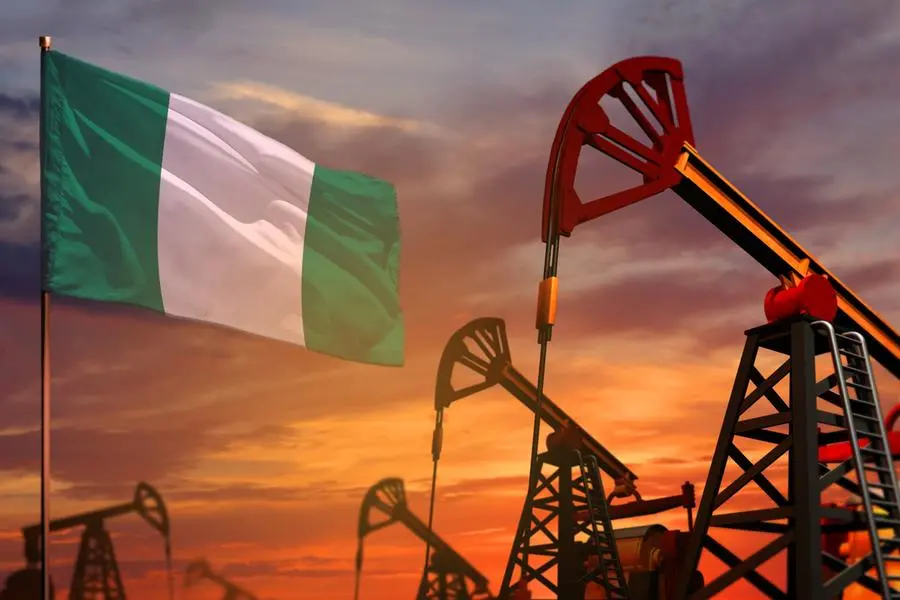PHOTO
If recent reports in both local and international media are correct, the Nigerian National Petroleum Company Limited (NNPCL) may be testing the waters with a view to securing a new line of credit against future oil production. According to those familiar with the situation, NNPCL is hoping to raise at least $2 billion in new loans against 30,000- 35,000 bpd of crude production. Although the NNPCL Group Chief Executive Officer, Mele Kyari, has admitted that the company needs new financial injection to “boost its finances and allow investment in its business,” he has not disclosed precisely how much it seeks and the identity of the lenders it has approached. Saying merely that the cash raised would be used for all of the NNPCL’s business activities, including supporting production growth, Kyari recently told a newspaper: “We have no problem covering our gasoline payments. This is just money for normal business and not a desperate act. It will be a syndication with critical but regular partners who have been in business with our company to forward the cash.”
These reports are worrisome for several reasons. In the first place, it is generally a bad idea to use one’s existing assets to borrow against projected future earnings since, at the end of the day, the future, just like the past, is a foreign country, and there is no telling what it will bring. If it is generally inadvisable to use current earnings as a hedge against the future, since that is tantamount to pawning one’s future security, it is objectively dangerous in the case of a commodity as uncertain and precarious as crude oil. Yet, this is what the Mele Kyari-backed NNPCL is shaping up to do.
Second, there is hardly any justification for going after a new line of credit especially when there has been no accounting for what the NNPCL did with the $3.3 billion “emergency crude oil repayment loan” it obtained from the African Export-Import Bank back in August 2023. Just like now, that loan was obtained against future oil production. As things stand, not only is the public in the dark as to how the money was disbursed, it is not clear what percentage of it, if anything, has been repaid. How exactly does NNPCL hope to “boost its finances” and what kind of “investment in its business” does it anticipate? Given the sum of money under consideration, the public deserves more than the sketchy answers that the corporation has been giving.
Furthermore, considering how much money it brings in from the sale of crude, why is NNPCL perennially in the red? According to various media reports, the company currently owes around $6 billion to sundry international traders and gasoline suppliers and is struggling to make payment within the stipulated 90-day period. A mere glance at the situation in the country reveals that NNPCL is not alone in this accumulation of debt with nary a thought as to how to pay it back. The reason NNPCL has caught attention is that it is dealing in the single product that is the lifeblood of the Nigerian economy: oil.
Otherwise, there is really no difference between NNPCL and, say, the Federal Government under the Bola Tinubu administration, which has been on a borrowing spree since its inauguration last year. One does not need an advanced degree in economics to realise that the path taken by both NNPCL and the Federal Government is fraught with danger.
Copyright © 2022 Nigerian Tribune Provided by SyndiGate Media Inc. (Syndigate.info).




















